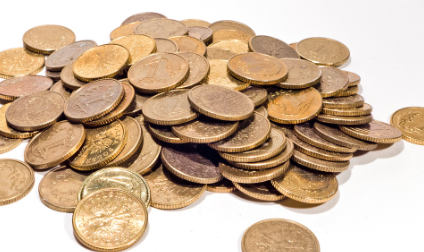#Bribery #GoldBars #MenendezTrial #Inflation #PoliticalCorruption #FinancialCrimes #AssetValue #GovernmentInfluence
In a recent revelation that feels like it’s straight out of a political thriller, Senator Bob Menendez (D-N.J.) and his wife were convicted on several charges including wire fraud, bribery, and extortion. The conviction stemmed from their involvement in a bribery scheme where they received, among other things, 13 gold bars from New Jersey businessmen with ties to Egypt. This form of bribe is unconventional and raises eyebrows not just for its audacity but also for its inherent value over time. Reports from the court documents highlight that these bribes were in exchange for the senator using his influence for the benefit of these businessmen and the Egyptian government, showcasing a stark abuse of power and breach of trust.
Interestingly, a June 2022 raid on the Menendez residence uncovered not only the aforementioned gold bars but also over $480,000 in cash, hidden across the house in envelopes, clothing, and a safe. The discovery led U.S. Attorney Damian Williams to emphasize the exceptional level of corruption represented by these bribes, which included luxurious items like a Mercedes-Benz along with the cash and gold, diverging significantly from what could be considered “politics as usual.” Despite the hefty sum of cash found, it’s the gold that stands out for its enduring value, which has only appreciated since the time of the indictment. This increase starkly contrasts with the depreciation of cash value over the same period due to inflation, highlighting an often-overlooked characteristic of gold as a store of value.
The rationale, albeit facetiously suggested, behind accepting bribes in gold rather than cash is underscored by its capacity to hold and even increase in value amidst inflationary pressures. This attribute makes gold not only a controversial but also a pragmatic choice for illegal transactions, offering liquidity, portability, and resilience against both physical degradation and economic fluctuations. However, this should not overshadow the inherent illegality and moral bankruptcy of taking bribes. Furthermore, accepting gold as a bribe exposes the recipient to risks including the chance of receiving counterfeit items, emphasizing the clandestine and untrustworthy nature of such dealings. Nonetheless, the Menendez case serves as a cautionary tale about the extents of political corruption, the allure of gold as an asset, and the importance of vigilance in upholding ethical standards, reminding us of the stark consequences of such profound breaches of trust.






Comments are closed.